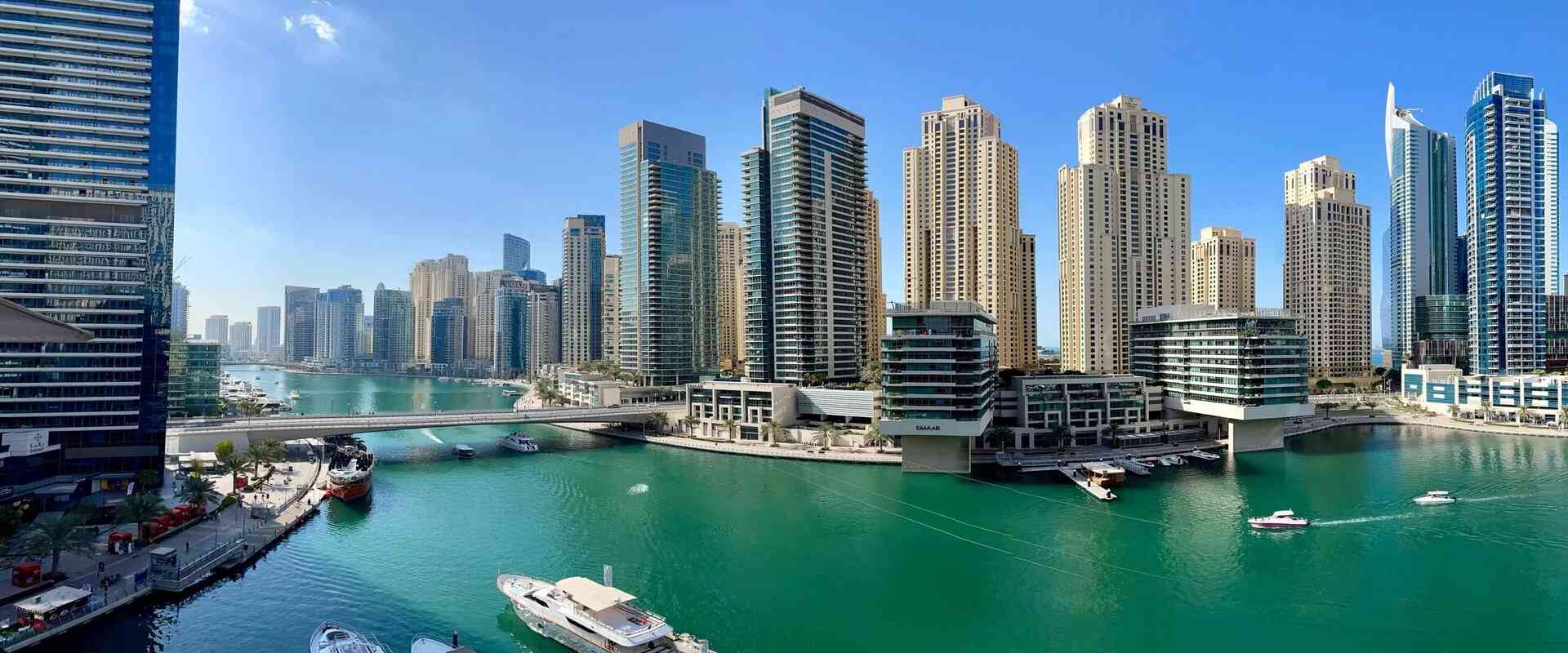Kearney’s Global Cities Index shows Dubai at the top of the MENA region for the third year in a row, with a score of 23rd globally and a placement in the top 25.
According to the report, a new distributed geography of opportunity is starting to develop in the middle of a changing globalization profile, with well-known rising hubs around the world—especially in the Middle East—experiencing exceptional improvements in their global city performance. For instance, Abu Dhabi rose ten spots in the global rankings, reaffirming its position as the world’s most important hub.
The Global Cities Index (GCI) attempts to gauge a city’s capacity to attract, retain, and generate foreign capital, talent, and ideas. The five primary characteristics that cities are assessed on are Human Capital, Information Exchange, Cultural Experience, Political Engagement, and Business Activity.
The average GCI ratings have steadied after declining for a few years, with considerable gains observed in cities in Africa and the Middle East. In particular, Riyadh, Muscat, and Doha—the major cities of the Gulf countries—saw improvements of nine, eight, and seven points, respectively, in their overall rankings.
This increase was mostly driven by strong performance in the Human Capital dimension, as they were able to attract a sizable number of tourists and migrant talent by taking advantage of the return to pre-pandemic levels of freedom for international travel.
Rudolph Lohmeyer, Kearney Partner, National Transformation Institute, commented, “As global trade returns to normalized levels, key cities in the Gulf have emerged as beacons of prosperity, resilience, and opportunity. Their resilient economic performance amid challenging global conditions, combined with a concerted focus on promoting liveability and talent attraction, has drawn ever-greater numbers of expats, making them a remarkable success story in the post-pandemic world. A strong commitment to delivering on ambitious national visions and maintaining a regenerative mindset is paying off.”
While the GCI represents the current state of global city leadership, the Global Cities Outlook (GCO) seeks to identify the cities that are most likely to gain worldwide prominence in the future. And here, too, a fragmented world of possibility was beginning to emerge.
The study moreover disclosed that when global centers in Asia, like Seoul, Osaka, and Chennai, demonstrated noteworthy advancements, European cities maintained their dominant place inside the top 30 rankings. After attracting talent and capital during the turbulent past few years, and positioning themselves as more competitive rivals to more prominent international cities, second-tier US metropolises performed particularly well.
The rapidly emerging fields of artificial intelligence (AI) and related technologies are expected to merge with the already popular remote work trend, which could further reduce the value of physical proximity in fields traditionally associated with big cities and cause even more disruption to global cities.
Brenna Buckstaff, Kearney Manager, National Transformations Institute, said, “In this shifting global landscape of distributed opportunity, top-tier global cities cannot take their positions for granted. The traditional hierarchy of leading cities will only become more fluid in the future as opportunities for growth and enhanced productivity become less concentrated during the coming waves of AI-driven innovation. Those cities that adopt a regenerative model – one that moves beyond resilience and thinks proactively – will have a competitive advantage.”

